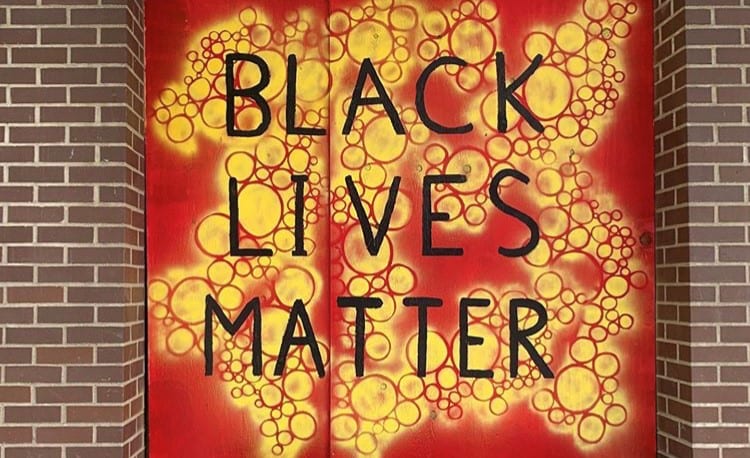
Today marks the one month anniversary since George Floyd’s murder in Minneapolis that ignited national and local reflection and conversation about systemic racism and disparate outcomes not just in the police and judicial systems, but across so many other areas, including the ways we plan, build and manage transportation infrastructure and public spaces.
No street, no public place, no design, no project is indifferent on the question of race.
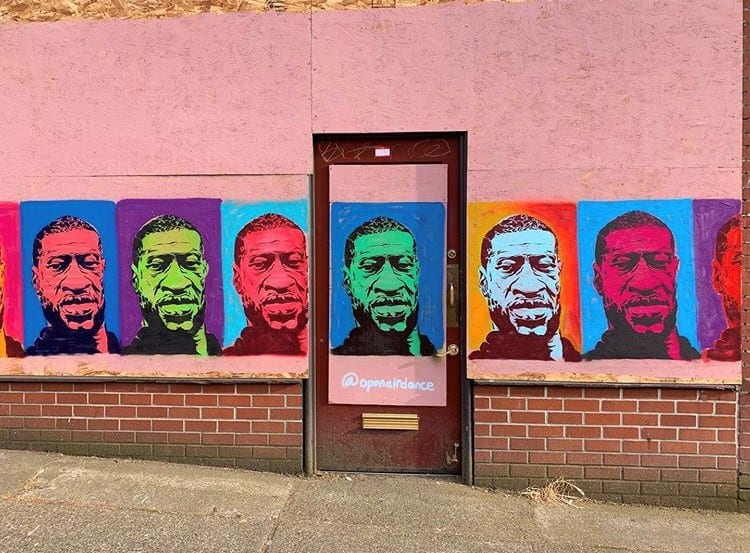
When we fail to center Black, Indigenous, People of Color (BIPOC) lives in our transportation mission, our efforts as an agency can not only fall short of correcting, but also risk perpetuating the deep racial inequalities stemming from how we’ve historically planned and built our transportation systems and our communities.
SDOT must take responsibility for identifying and dismantling systemic racism and for acknowledging our own shortcomings.
We must build a more equitable and inclusive city that centers and does not discount, that uplifts and does not ignore, that makes space for and does not displace BIPOC communities through the work we do every day.
Our vision for Seattle is a thriving, equitable community powered by dependable transportation. We’re on a mission to deliver a transportation system that provides safe and affordable access to places and opportunities. The first of our value statements is Equity. We believe transportation must meet the needs of communities of color and those of all incomes, abilities, and ages. Our goal is to partner with communities to build a racially equitable and socially just transportation system.
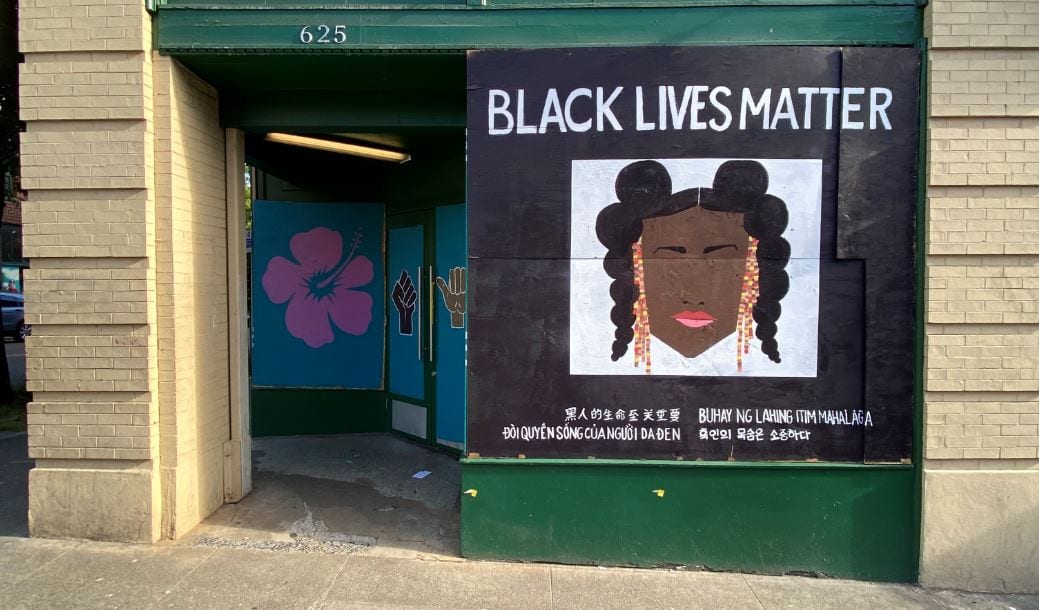
SDOT believes that Black Lives Matter and we must address the injustices in SDOT services and in SDOT itself.
We must stand with BIPOC communities to achieve our vision, and confront the reality, however, that for too many of our BIPOC communities, we have fallen short of our vision. I acknowledge that to many this message is late, and I take accountability for that. My hope with this statement is that this a first step to show that I am committed to educating myself, reflecting, and taking action to be a better white ally within a leadership position.
BIPOC communities have been perpetually underrepresented at tables of authority and all levels of government, and thus have not always seen transportation options and urban spaces that reflect their needs, or have seen their communities left at the margins of investment and attention. This is a pivotal moment for SDOT to center anti-racism and transportation equity so we can begin to change this.
The COVID-19 pandemic has laid in stark relief yet again the disparate impacts that can be seen at a community-wide level.
- Our transportation system imposed high costs in time and money on our BIPOC communities;
- Black people in Seattle are more likely to be victims of traffic violence;
- The environmental and air quality impacts of our transportation system are more likely to be felt in BIPOC communities and impact generations;
- Climate change will be more acutely felt by communities of color;
- “Safe streets” are not safe for all if running-, walking-, or rolling- while Black is perceived as a threat; and the list goes on.
BIPOC communities typically have worse transportation options, placing out of reach for too many what one study found to be the single strongest factor in the odds of escaping poverty – commuting time. The longer an average commute, the worse the chances of economic mobility for low-income communities.
SDOT acknowledges these interwoven crises and I know that I, as the leader of the organization, do not have all the answers. What I do have is a strong commitment to work internally and externally in partnership with BIPOC-led communities to identify solutions and prioritize investments that support positive community outcomes and overcome historic disinvestment or community destruction.
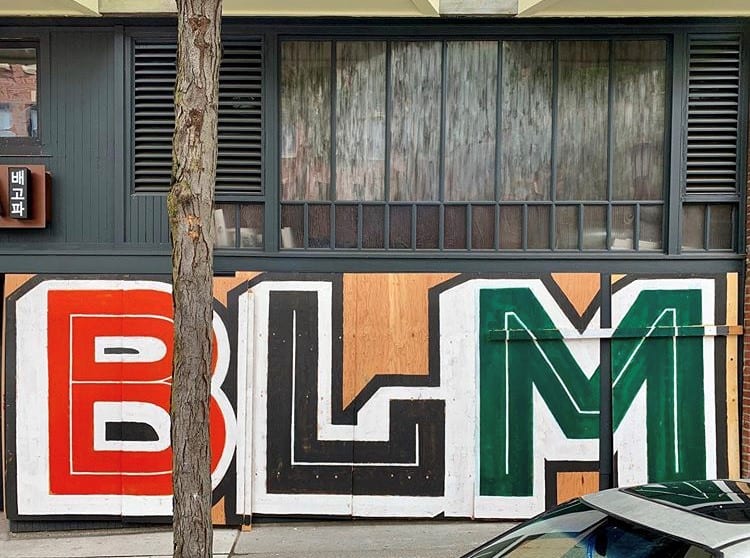
At SDOT, we seek to positively influence in three spheres:
- Internally, by supporting the recruitment, retention, and inclusion of Black staff throughout all levels of the department;
- Externally, by supporting BIPOC-owned businesses to develop capacity and expertise, gain access to opportunities, and build wealth using the inclusive strategies in SDOT’s implementation of the City’s Women and Minority Owned Business Enterprise (WMBE) Program; and
- In community, by supporting true, genuine, and authentic community engagement with BIPOC-led communities, centering the work of the Transportation Equity Workgroup (TEW), and by driving collaborative solutions that extend beyond transportation to housing, economic development, cultural, and anti-displacement investments.
We recognize that to be truly successful in our next steps, genuine listening and learning is required: we are committed to the long journey.
For me, “Black Lives Matter” is not a slogan, but a clear statement of intent and a call to action that compels us to center racial equity, seek out the root causes of institutional racism, and build a truly just transportation system.
In the coming months, I will continue to have challenging conversations, implement concrete actions, and push myself outside of my comfort zone on the path to realized change.
These conversations will continue internally, across the department, and also expand to include our Transportation Equity Workgroup, our various modal Boards and oversight and advisory committees, and the broader community.
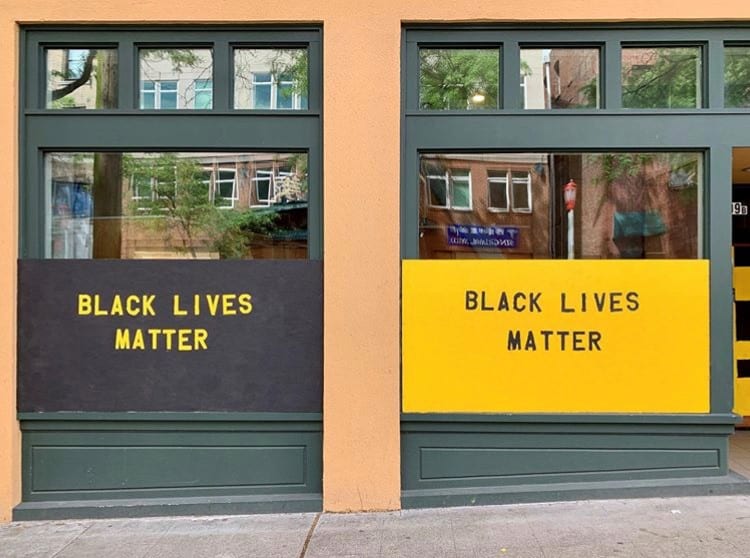
We have work to do to make a material impact in the fight against structural and institutional racism, and on efforts to build anti-racism into our work.
Scalable, systematic change is essential, but it’s hard to get there if we skip the crucial step where we all take the time to look inward, reflect, learn, listen, and confront the racism we see or perpetuate through deed or silence in our every day, and by doing so, turn those learnings into anti-racism practices.
I hear the voices that have been in the streets and in our virtual hallways demanding real change and I look forward to my role in making progress happen. 2020 has been an unprecedented and challenging year in many ways but the broad awakening of individuals and organizations, who are in pursuit of actualized change against racism at its inception, gives me hope that this marks the start of a new trajectory.